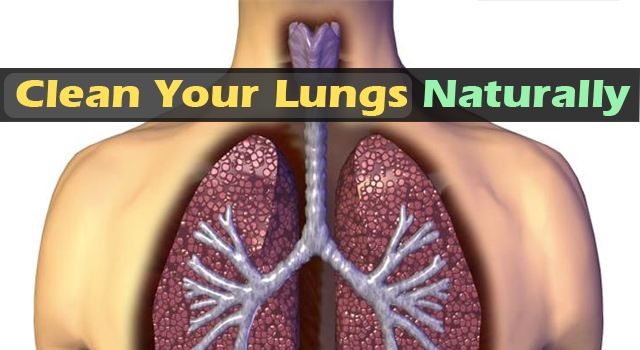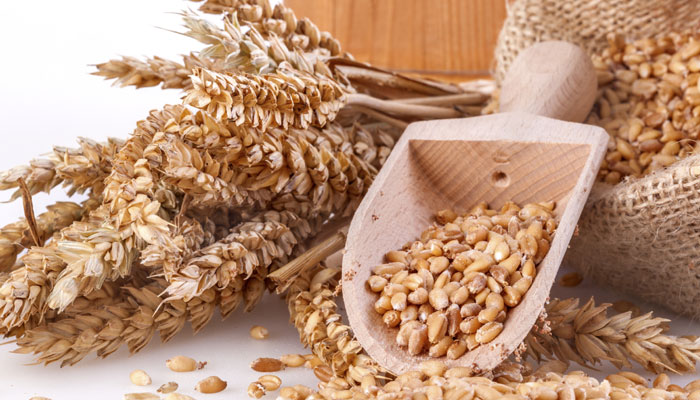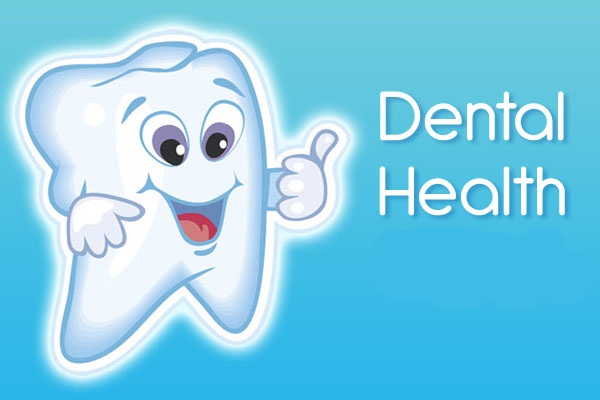
Nothing in the world can beat the pleasure derived from sound sleep. Yet, with today’s modern culture, people have trained their bodies to the condition of sleep deprivation. Sleep is essential for the body to restore and regenerate its systems so that you function optimally during the day. Naturally, sleeping for less number of hours in the long run will damage your entire body, with serious effects on the nervous system, circulatory system, immune system, digestive system and reproductive system. Here are some detrimental effects of lack of sleep on the body you must know.
Lowers brain function: When you’re sleeping, your brain goes through phases of sleep cycle. This gives enough time for busy neurons, relaying signals throughout the day, to form new pathways and reprogram themselves to deal with activities for the next morning. When you don’t sleep, you force your brain to overwork, leaving it completely exhausted. As a result, you’re unable to perform simple tasks the next day. It interferes with your level of alertness and affects your focus and concentration.
Studies have shown that those who are well rested have higher activity in the temporal lobe of the cerebral cortex, responsible for speech. Those who are sleep deprived have least activity in this region, which is why they are unable to process language. Neither do they understand or process what’s being said nor can they speak or express properly. The part of the brain responsible with decision making skills also gets affected. Because the neurons are not rested well, the brain’s response time to a situation gets delayed. That’s why sleep deprived people cannot make quick logical decisions or execute a plan properly.
Makes you fat: Your brain is responsible for regulation of a lot of cycles involving release of hormones and initialisation of pathways. Imagine, if the
neurons themselves are not working properly how will they regulate these pathways? One of the cycles that the brain regulates is the hunger cycle.
Ideally, lack of energy (in the form of food) signals the brain to induce hunger and when the body is provided with energy, the brain is signalled to induce a feeling of fullness. Two key hormones –leptin and ghrelin –play an important role in this cycle. When ghrelin is released in high levels and the level of leptin is low, the brain signals a feeling of hunger. When the levels are reversed, a feeling of fullness is induced.
Lack of sleep over a few nights raises the levels ghrelin, which constantly signals you that you’re hungry. Further, scientists suggest that lack of sleep
manipulates the levels of these hormones such that it triggers cravings for calorie-rich foods, leading to obesity. Studies also suggest that poor sleep
interferes with the body’s ability to metabolise sugar
Increases risk of depression: There’s a reason why you tend to feel positive and happy in the morning after a good night’s sleep. Signals for all negative thoughts originate and are processed by a small part of brain called the amygdala, while all positive thoughts are generated in the region called
hippocampus. When you don’t sleep properly at night, the activity in the hippocampus gets affected with minor or least impact on the amygdala. Therefore, during the daytime your brain just cannot retrieve pleasant or happy memories. Since amygdala is functional, thoughts originated from there mask everything else, making you depressed.
Can lead to heart disease: Lack of sleep affects the circulatory system in a very different way. When you don’t rest for a day or two, you exert stress on all organs of your body. As a result the fight-or-flight response for stress gets triggered. If you continue to exert yourself, this response does not get switched off. As a result, the level of stress hormones in the blood increases. These hormones can wreck a havoc in your circulatory system. They can increase blood pressure, damage the walls of the arteries, affect the heart rate and cause blockages in the blood vessels.
Lowers immunity: Sleeping is the time utilised by the immune system to produce antibodies, increase the number of fighting cells and cytokines in the blood. Naturally, when you don’t sleep these activities get hampered. If the number of white blood cells decreases, you’ll be susceptible to a lot of common infections and will fall sick more often. Prolonged sleep deprivation has also been linked with death, caused due to severely weakened immune system. One study states that those who sleep less than four hours daily have three times greater chances of
dying within six years
Increases risk of accidents: The fact that different parts of the brain rest during different stages of the sleep cycle indicates that you just cannot afford
to sleep for less number of hours. If a particular part of the brain doesn’t get rest for a long time, it will soon begin to shut down itself, inducing
microsleep. In this stage, a person may remain awake with eyes wide open but the brain goes into delta phase for rest. It is in this phase that a person is the most susceptible to accidents and injuries.
Lowers sexual desires: If you still need a stronger reason to sleep well, this one would probably work. Lack of sleep can literally kill sexual desires, in both men and women. You’ll feel more sluggish, tired and fatigued. You won’t have enough strength and will feel low. Lack of sleep can lower the levels of
testosterone, affecting sperm quality and reproduction in men, while in women it can affect orgasms, leading to general loss of interest in sex
Source: The health site











